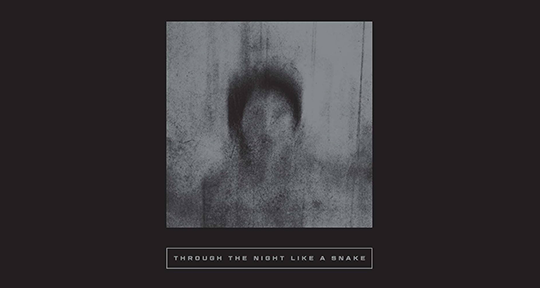Through the Night Like a Snake: Latin American Horror Stories, Two Lines Press, 2024
For some time now, Latin American literature has engrossed readers with magical realism, fantasy, surrealism, and most recently, horror. These aren’t necessarily the stories of the region’s most considered authors—Jorge Luis Borges, Gabriel García Márquez, Horacio Quiroga, Amparo Dávila, and other giants among them—but rather the work of bold, fearless, and independent writers who, in the last decade, have honored and twisted these genres in unprecedented ways. Their work represents a new generation of talents, who are redefining their region’s legacy in gothic literature.
Many call it horror. Others, like Carmen Alemany Bay, a literary scholar at the University of Alicante, call it “narrativa de lo inusual”—narrative of the unusual, or the strange, defining a subgenre “in which the reader is ultimately the one who decides what is possible and what is not.” Whatever one wants to call it, the certainty remains that these voices are as powerful as they are unflinching, grounded by a sincerity and authenticity faithful to their geographies; that is to say, these stories are as “unusual” as they are Latin American, which is in part what makes Through the Night Like a Snake all the more visceral.



Compass and Rifle: On Roque Dalton’s Stories and Poems of a Class Struggle
No one escapes Dalton’s inquisitive pen . . .
Stories and Poems of a Class Struggle by Roque Dalton, translated from the Spanish by Jack Hirschman, Seven Stories Press, 2023
On Thursday, July 6, 2023, the inaugural day of Guatemala’s International Book Fair (FILGUA), the government of El Salvador requested organizers to exclude Salvadoran author Michelle Recinos’ Sustancia de hígado (F&G Editores) from the fair. The next day, online news outlet elfaro revealed that El Salvador’s ambassador in Guatemala had said, “It would’ve been an unpleasant thing for the government of El Salvador if this book had been a part of the fair.” Details are scarce, but presumably, this action was related to Michelle’s story Barberos en huelga, winner of the 2022 Mario Monteforte Toledo Prize, which openly criticizes sitting president Nayib Bukele’s war on gangs.
Hearing this, I can only imagine what Roque Dalton would have written about Bukele.
Roque Dalton’s Historias y poemas de una lucha de clases (Stories and Poems of a Class Struggle) dates back to 1975, and remains as timely as ever. In a time when most Central American countries are under authoritarian regimes and have experienced backslides of democracy, the life and work of Roque Dalton is at once a beacon of hope, an inspiration, and a warning sign. Historias y poemas de una lucha de clases is a book filled with courageous testimony, the poet’s typical dry humor, and bone-chilling depictions of state violence. Here, Dalton is hyperaware of the pain and plight of his compatriots, but in addition to his typical grittiness and social critique, we also find tenderness, softness, beauty, and frailty; Dalton’s acute perception is both a rifle and a compass, manifesting in words of both rebuke and encouragement.
READ MORE…
Contributor:- José García Escobar
; Language: - Spanish
; Place: - El Salvador
; Writers: - Alaíde Foppa
, - Carlos Fonseca
, - Ernesto Cardenal
, - Jack Hirschman
, - Jaime Barba
, - Julio Delfos Marín
, - Luis de Lión
, - Luis Melgar Brizuela
, - Margaret Randall
, - Michelle Recinos
, - Otto René Castillo
, - Roque Dalton
; Tags: - authoritarianism
, - Central American literature
, - class struggle
, - elfaro
, - F&G Editores
, - fascism
, - FILGUA
, - Mario Monteforte Toledo Prize
, - Salvadoran literature
, - Salvadoran poetry
, - Seven Stories Press
, - social commentary
, - social critique
, - state violence